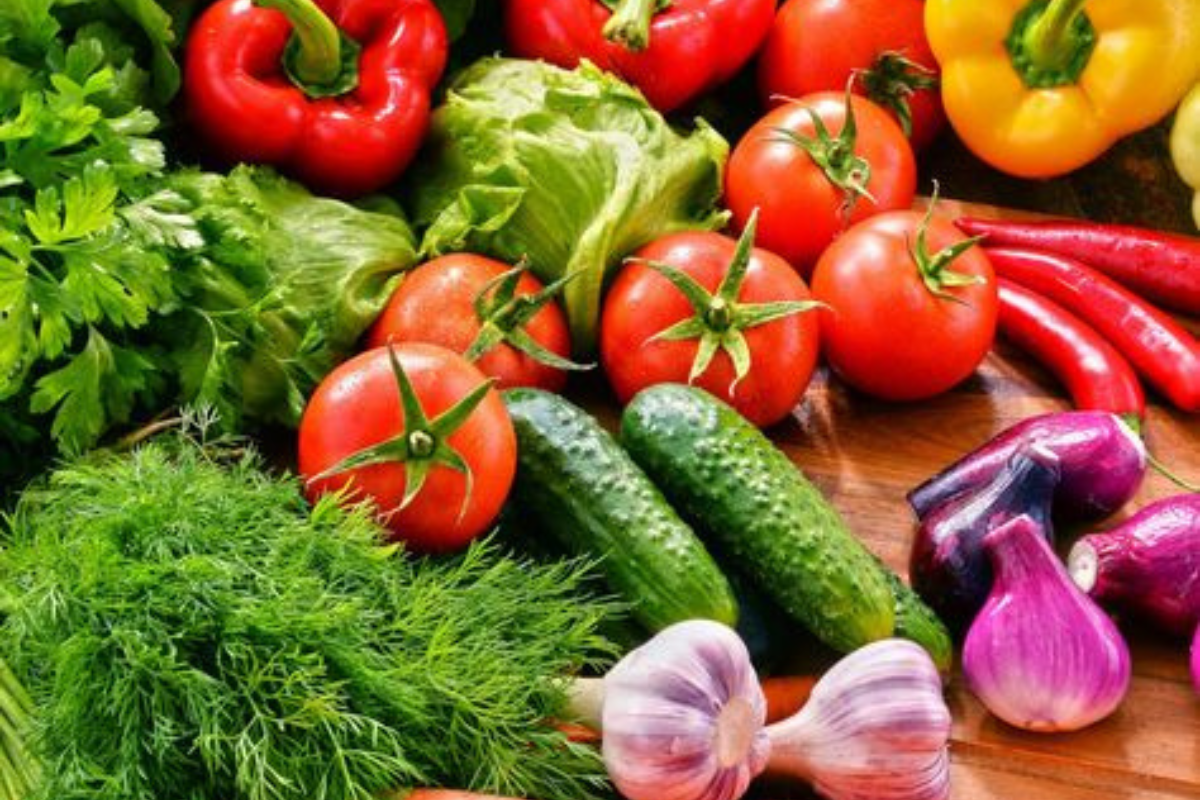Aspirin, often associated with pain relief, has recently gained attention for its benefits in the garden, especially in enhancing the growth and resilience of vegetable plants. Research from the University of Rhode Island has demonstrated that acetylsalicylic acid (aspirin) can significantly boost vegetable plant health, increasing their resistance to pests and diseases.
The Study:
In the study, researchers dissolved four aspirin tablets in four liters of water and applied the solution to vegetable plants every three weeks during the growing season. The results were impressive—plants treated with aspirin grew stronger, showed better resistance to common diseases, and had improved overall health, particularly solanaceous vegetables like tomatoes, peppers, and eggplants, which are prone to fungal infections.
Benefits of Aspirin in Vegetable Gardening:
- Rooting Aid
Soak vegetable cuttings in a solution of aspirin and distilled water for several hours before planting. This helps disinfect the cuttings and stimulates the growth of strong roots. - Growth Stimulant
Dilute aspirin in water and use it as a foliar spray on plants every few weeks. This encourages vigorous growth and strengthens the plant’s natural defenses against disease. - Seed Treatment
Soak vegetable seeds in an aspirin-water mixture before planting. This enhances germination rates and improves the vigor of young seedlings. - Soil Amendment
Placing aspirin tablets directly into the soil around your plants, followed by regular watering, activates the beneficial properties of aspirin, improving plant health and soil condition.
Why It Works:
Aspirin contains salicylic acid, which plays a key role in triggering plant defense mechanisms. When plants are exposed to this compound, they enhance their immune responses, becoming better equipped to fend off pathogens and pests.
Conclusion:
Incorporating aspirin into your vegetable gardening routine is an affordable and easy way to boost plant health, promote growth, and protect against diseases. Whether you’re dealing with cuttings, seeds, or established plants, this simple treatment can make a noticeable difference in your garden’s productivity.
